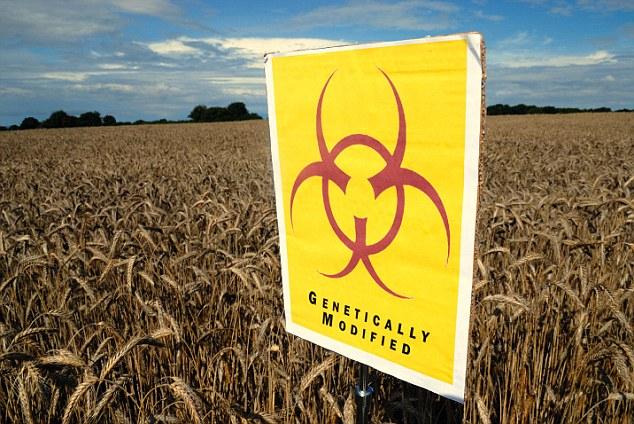The Promised Land of Transgenic Crops
In deze conferentie brengen we specialisten uit verschillende disciplines bij elkaar die door hun wetenschappelijk onderzoek vragen stellen bij ‘het beloofde land van transgene gewassen’.
Forty years ago, in 1974, gen technology took centre stage in scientific research. With unprecedented possibilities came also unprecedented responsibilities. There was a broad consensus amongst the scientists of the day concerning the applicability of the precautionary principle to their projects and practices. Now, forty years later, in a dramatically changed academic and societal environment, this precautionary principle seems further away than ever before. Research focuses largely on exploiting findings for commercialisation. Research indicating that there might be serious concerns with respect to containment, effectiveness and medical risks of GMO-organisms is systematically downplayed or even discredited. The on-going ecological degradation of our planet and the growth of the world’s population has opened an entirely new market for a ‘food technology’, based on genetic engineering, and sold to both the public and politicians as the panacea for the world’s destabilised agro-economy and agro-ecology. This conference brings together specialists from different disciplines who, through their scientific research, question that ‘promised land of transgenic crops’.
Keynotes:
- Intro: Setting the context: Insights and lessons from the potato controversy in Belgium
11:00 > Christophe Bonneuil [FR], science & technology historian and sociologist. His keynote will focus on The Gene as an icon: a cultural, environmental and political history of the industrialization of life.
+ respondent: Gaëtan Vanloqueren (UCL)
14:00 > Ignacio Chapela [US], microbial ecologist and mycologist at the University of California, Berkeley. He is best known for his 2001 paper in Nature on the flow of transgenes into wild maize populations.
+ respondent: Isabelle Goldringer (INRA, Versailles-Grignon)
16:00 > Gilles-Éric Séralini [FR], professor of molecular biology at the University of Caen. He is best known for publishing research concluding that genetically modified food is unsafe for consumption.
+ respondent: Jacques Van Helden (Université d'Aix-Marseille, Lab. Technological Advances for Genomics and Clinics)
20:00 > Marta G. Rivera-Ferre [ES], associate professor at the University of Vic, Department of Food and Environment and a researcher at the Centre of Research in Agrifood Economy and Development (Barcelona-Spain).
+ respondent: Marjolein Visser (ULB)
21:30 > Closing Panel Discussion with C. Bonneuil, I. Chapela, G-E. Séralini, M. G. Rivera-Ferre
